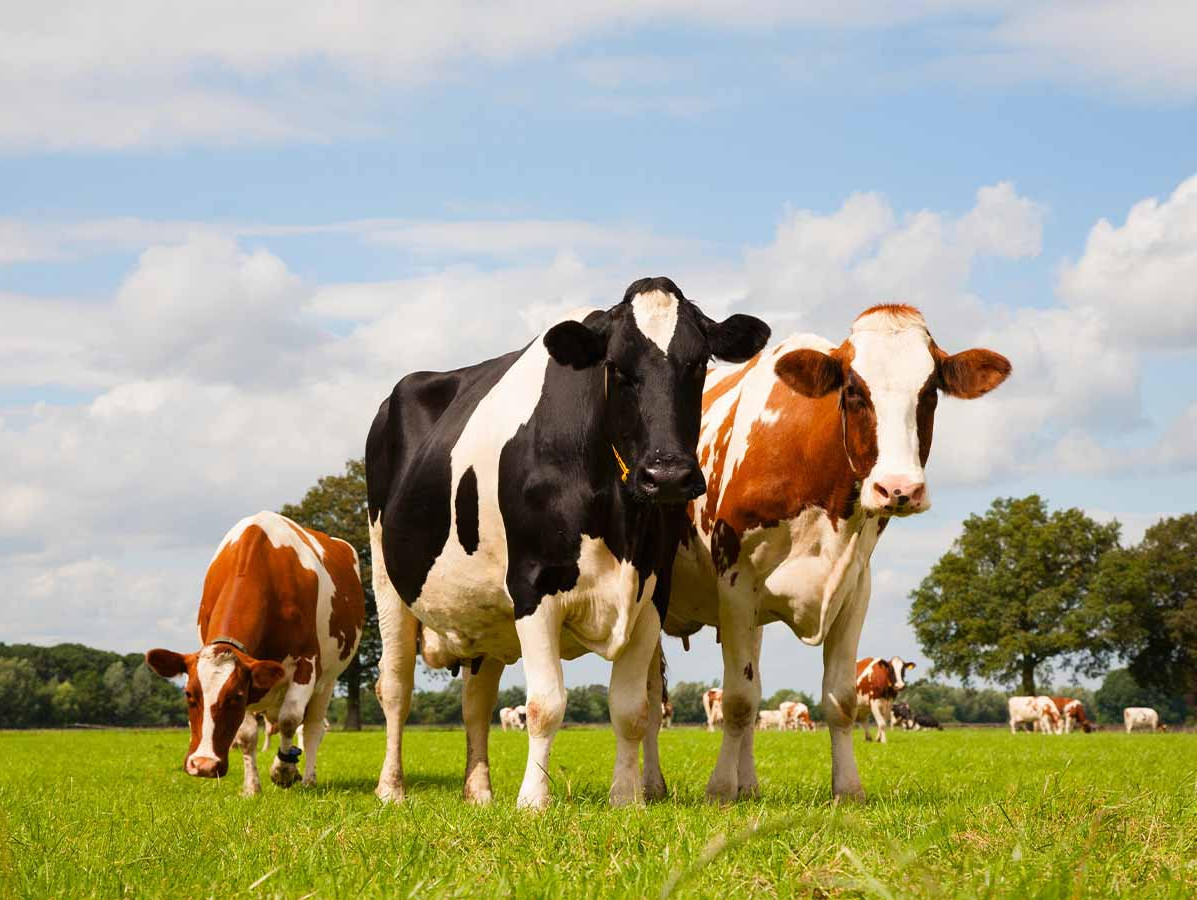
On July 3, 2024, the COV/VNV, the Ministry of LNV, and the NVWA held an important meeting about the EU Deforestation Regulation (EUDR Vo 1115 – 2023) and its impact on the Dutch beef sector. The European regulation, which requires deforestation-free production, imposes significant administrative burdens on the beef and veal sector.
The new regulation requires market participants to demonstrate that their products have not contributed to deforestation. This must be done through a Due Diligence Declaration (DDS). This requirement places a heavy administrative burden on farmers and companies. Every dairy farmer who sells a calf to a trader must complete a DDS. More complex products, such as a T-bone steak, may require multiple DDS. A batch of beef trimmings can come from different sources, necessitating even more DDS. The flowchart shows when the EUDR applies.
The COV advocates for a light and workable regime within the EU regulation for deforestation-free products. Given the minimal risks of deforestation from Dutch beef and veal production, the administrative burdens should be as light as possible. The focus should be on the steps in the supply chain that have the most direct impact on deforestation.
The COV urges the government to delay the implementation of the EUDR and to make adjustments for a simpler system. This is particularly important for low-risk countries within the EU. The Netherlands should not take the lead and should only implement the regulations once other EU countries are also ready. This approach is crucial because the Netherlands is not self-sufficient in beef and imports a lot of meat from neighboring countries, making it difficult to meet the DDS requirements without a common European system.
View the flowchart for more information. (Dutch only)
Source: COV